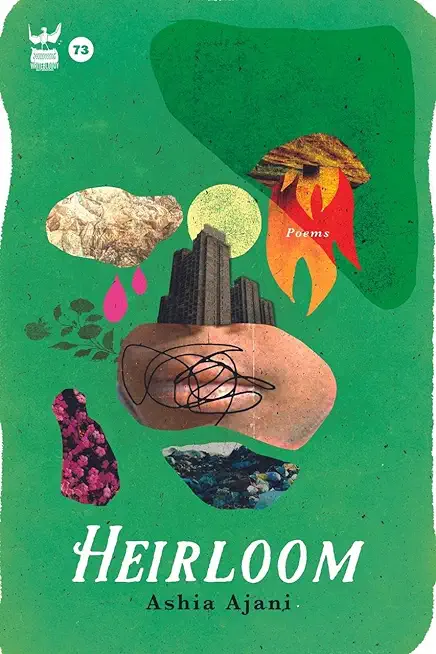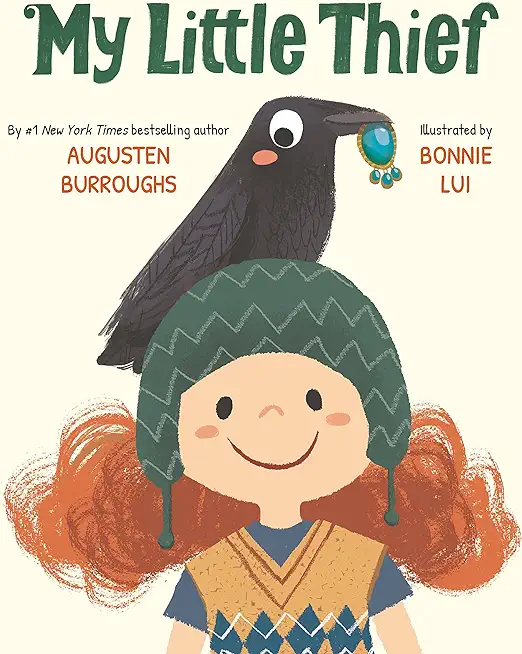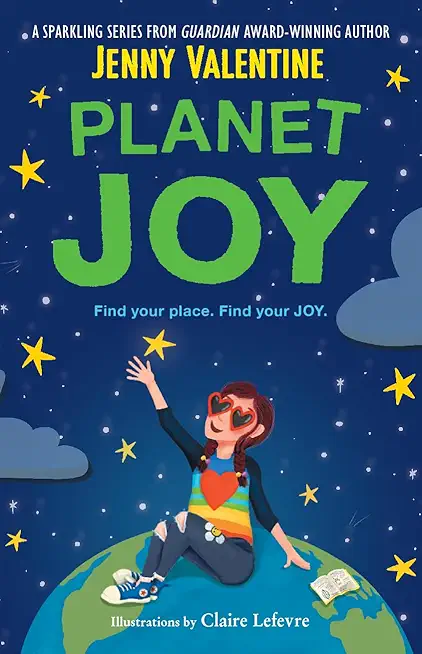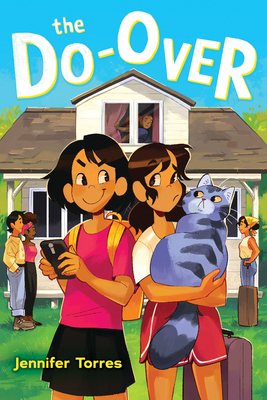
description
ion. From Bentonia, Mississippi to Detroit, Michigan to Denver, Colorado, Ajani's family has carved out small sanctuaries for themselves among roses, concrete and urban gardens. Built of resilience, Ajani's family persisted, grew, fragmented, expanded, came back together. All the while, as members found themselves marred by history and placelessness, we passed down our stories, recipes, love of plants, old school wisdom. This story is one of how nature and humans are inextricably tied to one another and in fact, need each other to survive.
Drawing from an ecocritical perspective, Ajani imagines inheritance as what can be left for future generations, what can be passed down, what needs to be preserved, what earth lessons are most relevant to aid in weathering this ever-evolving world. During the climate crisis, our inheritances are part of an ever shifting landscape of environmental ruin and responsibility. This book speaks to the inalienable rights of Mother Earth and its descendants, as well as the Black insurgent knowledge needed to survive climate and environmental crises. Speaking from both a place of restoration and vengeance, Heirloom explores concepts of spiritual nourishment, physical and emotional sacrifice, environmental injustice, sexuality, waste colonialism and Black migration; these poems seek to address the trauma felt from environmental injustice and the familial wounds that are passed down as a result of historical neglect. A descendant of W.E.B DuBois's concept of "sorrow songs," Heirloom analyzes our environmental pasts and presents in order to inform our environmental future. Through bird song, jazz, symbiosis, land loss, insect interactions, travel, desire and a whole lot of love and reverence for the unspoken, Heirloom reveals the ingrained connections between Blackness and ecological survival. Looking to the West as a final frontier, Ajani builds worlds from desert and ash, crushing them down once more in search of fresher freedoms.
Drawing from an ecocritical perspective, Ajani imagines inheritance as what can be left for future generations, what can be passed down, what needs to be preserved, what earth lessons are most relevant to aid in weathering this ever-evolving world. During the climate crisis, our inheritances are part of an ever shifting landscape of environmental ruin and responsibility. This book speaks to the inalienable rights of Mother Earth and its descendants, as well as the Black insurgent knowledge needed to survive climate and environmental crises. Speaking from both a place of restoration and vengeance, Heirloom explores concepts of spiritual nourishment, physical and emotional sacrifice, environmental injustice, sexuality, waste colonialism and Black migration; these poems seek to address the trauma felt from environmental injustice and the familial wounds that are passed down as a result of historical neglect. A descendant of W.E.B DuBois's concept of "sorrow songs," Heirloom analyzes our environmental pasts and presents in order to inform our environmental future. Through bird song, jazz, symbiosis, land loss, insect interactions, travel, desire and a whole lot of love and reverence for the unspoken, Heirloom reveals the ingrained connections between Blackness and ecological survival. Looking to the West as a final frontier, Ajani builds worlds from desert and ash, crushing them down once more in search of fresher freedoms.
member goods
No member items were found under this heading.
Return Policy
All sales are final
Shipping
No special shipping considerations available.
Shipping fees determined at checkout.







